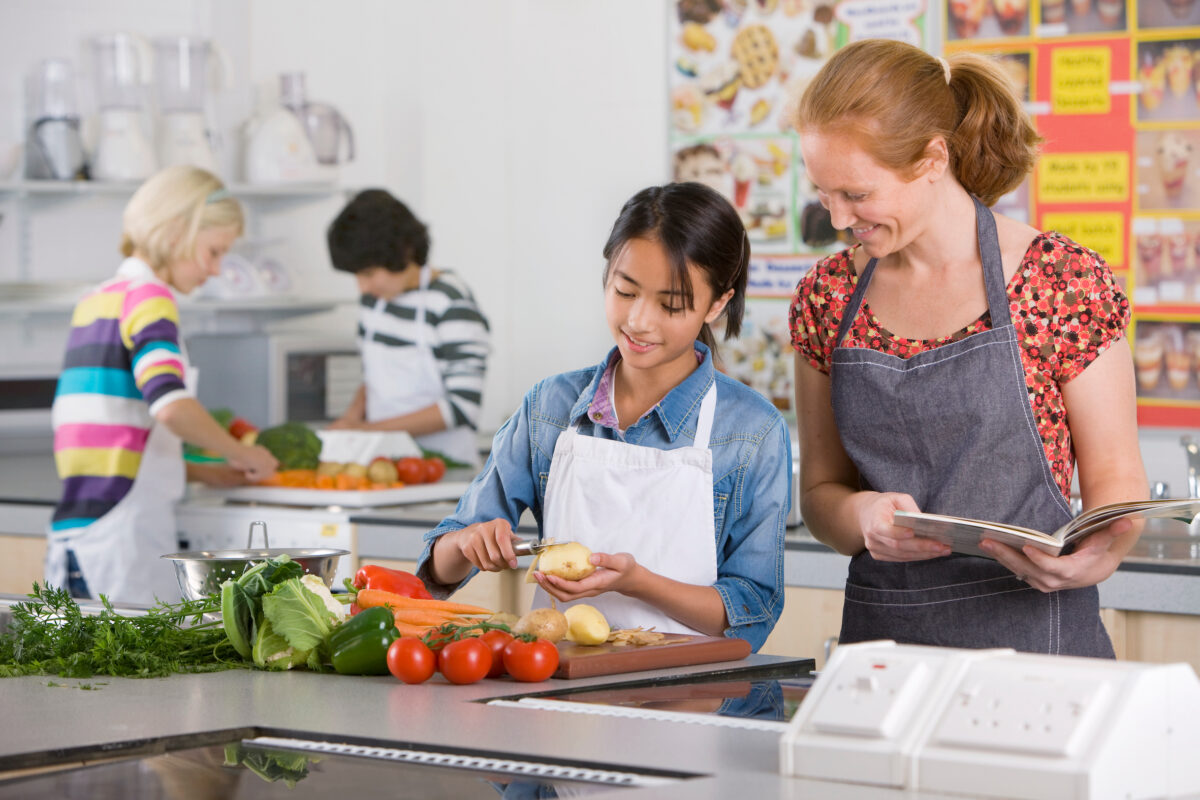New coalition calls on Government to offer free school meals to all children in UK

A new coalition of campaigners is calling on the Government to make school meals free for all children in the UK in the same was as books, desks, and chairs.
The coalition’s campaign – Say Yes to School Food for All – wants to end means testing by 2030, which it has criticised as being “stigmatising”, and ensure all children in both primary and secondary schools can access healthy food by 2030.
The group is made up of more than 40 education, health and food charities, as well as unions, local councils, and other figures such as Leon co-founder and author of the National Food Strategy recommendations, Henry Dimbleby.
Some of the founding organisations of the coalition include the Food Foundation, School Food Matters, Child Poverty Action Group, British Youth Council, UK Youth Parliament, The Children’s Society, Impact on Urban Health, Diabetes UK, the National Education Union and UNISON, among others. MPs from five different political parties have also backed the launch of the campaign.
Barbara Crowther, Co-ordinator at Sustain’s Children’s Food Campaign said in a statement: “We believe in an education system free at the point of access. We don’t means test children for pencils or desks, so why for food? We don’t means test adults or children when it comes to hospital and prison meals, so it’s perverse that we still insist on this for our children. Many other countries around the world have already realised this and now seeing huge benefits of healthy meals for all.”
The coalition is urging the Government to join other countries such as India, Brazil, Estonia, Finland and Sweden, as well as several US states, which already offer free school meals to all children in primary and secondary schools.
Crowther added: “A good, healthy education is the foundation of our nation’s future prosperity. Providing free school meals for all has been shown to improve educational learning, reduce levels of obesity and lead to long-term improved earnings and economic contribution. Recent economic analysis by PWC shows a return of £1.71 for every pound invested, and potential economic return of up to £100 billion over a 20 year period.”
Earlier this year, the Mayor of London Sadiq Khan announced free school meals would be provided in all London primary schools as an emergency measure, starting in the 2023/2024 academic year. Scotland and Wales are also planning to expand universal primary school meals and are looking to gain further support to implement free meals in secondary schools.
Without a nation-wide approach however, the campaigners raised concerns that the UK’s free school meal system will turn into a postcode lottery. For children to be eligible under Universal Credit in England, the current threshold is just £7400 household earnings after tax, before benefits, no matter the size of the family.
Dimbleby said in a statement: “It doesn’t seem fair that some UK children get a free meal, and others don’t. It also doesn’t make much economic sense. There’s a wealth of international evidence that points to universal free school meals being excellent value for money because it improves attainment and provides an opportunity to feed children healthy food, setting good dietary habits for life. This is important as diet-related disease costs the NHS billions and decreases the quality of life for millions of people.”









